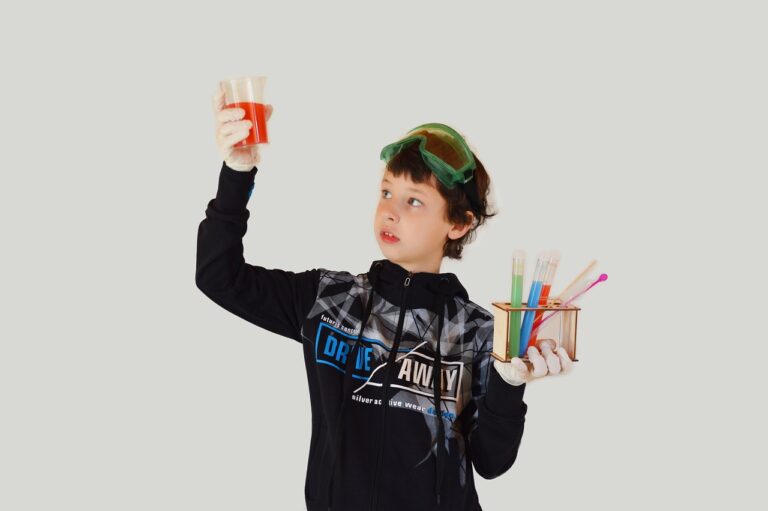Promoting Ethical Decision-Making Through Character Education Programs
Character education programs play a crucial role in shaping the moral compass of students. These programs not only instill values like respect, responsibility, and empathy but also help in developing crucial skills like conflict resolution and decision-making. By focusing on character development alongside academics, schools can nurture well-rounded individuals who are not only academically competent but also socially responsible.
One of the key benefits of character education programs is their ability to create a positive school culture. When students are taught the importance of integrity and honesty, it creates a supportive and respectful environment where bullying and negative behavior are less prevalent. By emphasizing the importance of character traits in daily interactions, schools can cultivate a sense of community and mutual respect among students and staff.
Understanding the Role of Values in Decision-Making
When it comes to making decisions, our values play a significant role in shaping the choices we ultimately make. Values are the core beliefs and principles that guide our actions and behaviors. They are deeply ingrained within us and influence our decision-making process on a subconscious level.
Our values act as a moral compass, helping us navigate through complex situations and dilemmas. They serve as a foundation for ethical decision-making and provide us with a sense of direction when faced with tough choices. Understanding our values and reflecting on how they align with the decisions we make can lead to greater clarity and integrity in our actions.
Developing Critical Thinking Skills in Students
Critical thinking skills are crucial for students to navigate the complexities of the world they live in. By honing these skills, students can analyze information more effectively, make sound decisions, and solve problems with clarity and logic. Encouraging students to think critically enables them to question assumptions, evaluate arguments, and consider various perspectives before forming their views on a subject.
In today’s fast-paced and information-overloaded society, developing critical thinking skills equips students with the ability to sift through vast amounts of data, distinguish between credible sources and misinformation, and draw well-informed conclusions. By fostering critical thinking in the classroom, educators empower students to become independent learners who can adapt to new situations, think creatively, and approach challenges with a strategic mindset.





